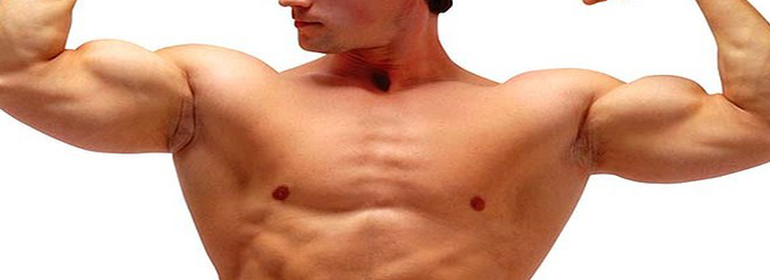A US psychologist has suggested that the shaming projected by the media and corporations on to homosexuals is one of the reasons gay men obsess over their bodies and exert control over their diets, all in a bid to achieve the body that will grant them acceptance as men.
Brad Kennington, who wrote the blog for The Huffington Post, gave an interview where he claimed, “If gay men can’t control what’s going on externally in their environment, what better way to combat that than controlling the way the body looks?”
While gay men are thought to make up around 10 percent of the population, they represent up to 42 percent of the eating disordered male population.
Troy Roness, a former anorexia sufferer, told HuffPost Live how the realisation that he was gay and couldn’t be “good enough for God” set the wheels in motion for his eating disorder. He told the show’s host, Ricky Camilleri, “I wanted to mold and change the outside because I was unable to change what I knew was true on the inside.”
Kennington, who is the Executive Director for Cedar Springs, an eating disorder treatment centre in Austin, Texas continued, “This relentless pursuit to look physically fit is but one way to compensate for feeling psychologically unfit”.
He further highlighted the fickle nature of the gay men in some circles, saying, “If achieved, this ideal male body can morph gay shame into gay pride, and move one from being a nobody to a somebody… commanding the attention, acceptance and admiration from his gay peers. And this acceptance and admiration, albeit based on physical appearance, goes a long way in helping heal the shame and disconnect he experiences from others in our society”.
One of the shows producers raised the question of whether gay ‘party culture’ is part of the problem, to which Roness answered “The more involved in the party scene these guys are, the more they are dissatisfied with their physique, but there is a plethora of reasons contributing to eating disorders”.
Why do you think gay men are more likely to be affected by eating disorders – is it internal dissatisfaction, external “shaming”, or neither of the above? Join the conversation by using the hashtag #gayshame
Watch the full video discussion below.
© 2014 GCN (Gay Community News). All rights reserved.
